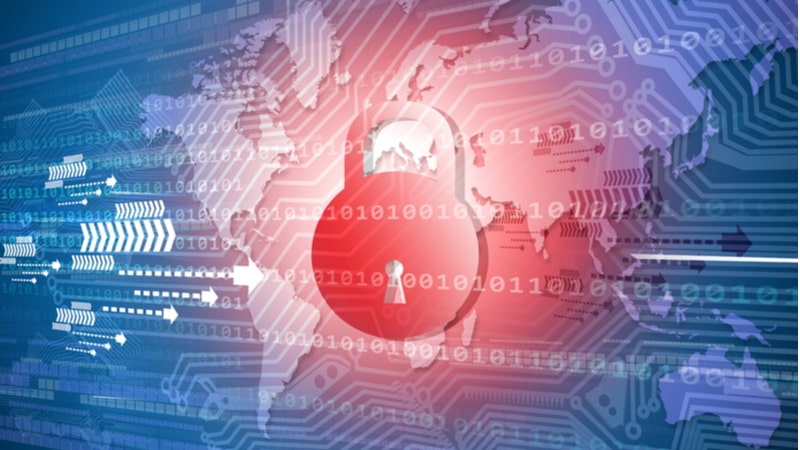
Rep. August Pfluger, R-Texas., has introduced a bill that aims to protect critical U.S. infrastructure – including the energy sector – from cyberattacks from foreign nation-states.
The Cyber Deterrence and Response Act of 2022 aims to deter “would-be cyberattackers” sponsored by foreign nation-states by making it clear that the United States would respond to serious attacks on U.S. critical infrastructure.
Following Russia’s invasion of Ukraine, Rep. Pfluger said “the eyes of the world” have looked to the Permian Basin – an oil-and-gas-producing area located in west Texas and the adjoining area of southeastern New Mexico – to provide energy security.
“Russian hackers are seeking ways to exploit energy companies across the world. We must have a framework in place that the Biden administration can use to properly hold bad actors accountable,” Rep. Pfluger said in a press release. “I am proud to introduce a bill that accomplishes that goal.”
“In these times of uncertainty, we must take whatever necessary actions to help protect our nation’s critical infrastructure from cyberattacks perpetuated by foreign nations,” he added. “Energy security is national security, and the work that happens in the Permian Basin has never been more important.”
The bill would also call on the White House to respond to cyberattacks with either sanctions or “a classified/unclassified report for Congress to explain why they are not acting to create more accountability for the Executive.”
The legislation would also work to protect the energy sector by codifying its designation as critical infrastructure.
Just last month, Federal cybersecurity agencies, along with the Department of Energy, published a cyber advisory that warned of several Russian hacks on the energy sector between 2011 and 2018 that were the subject of a Department of Justice indictment recently unsealed against Russian actors for those past attacks.
Although the unsealed criminal charges reflect past activity, the agencies warned that “state-sponsored Russian cyber operations continue to pose an ongoing threat to U.S. energy sector networks.”
